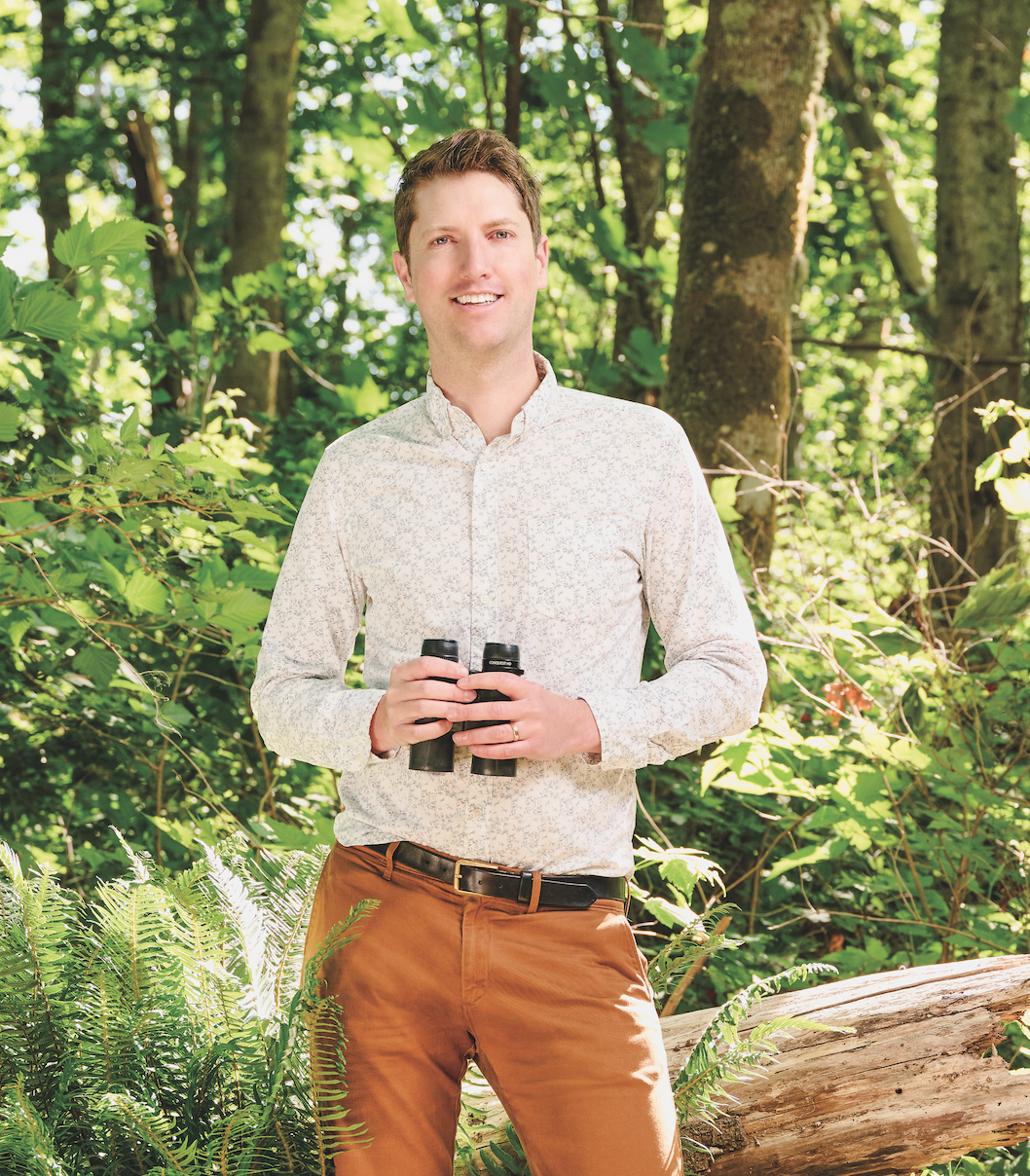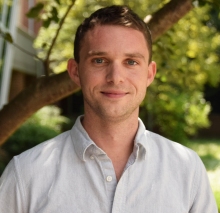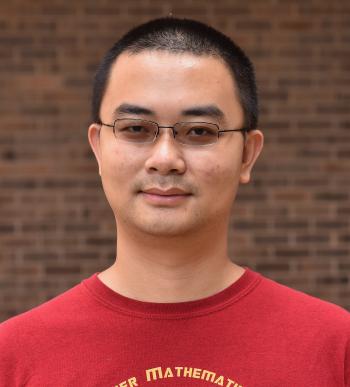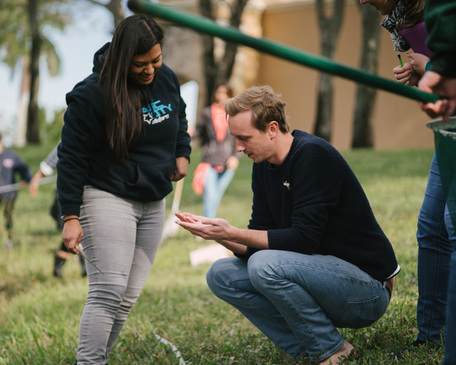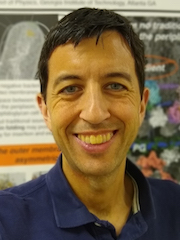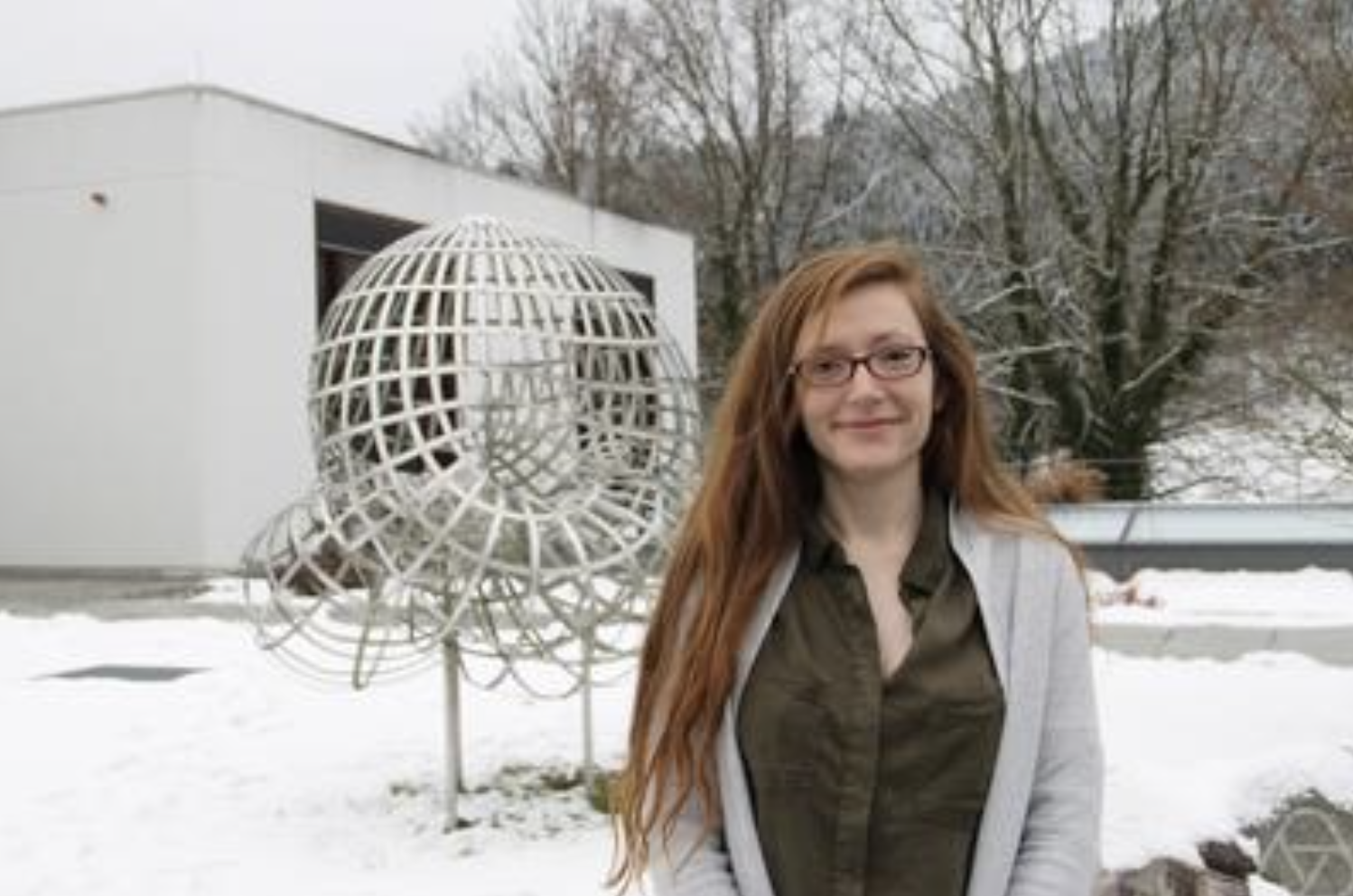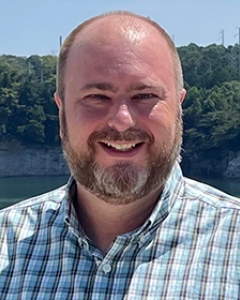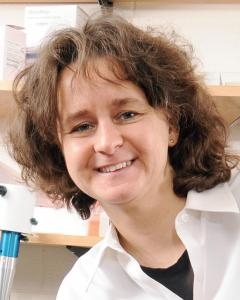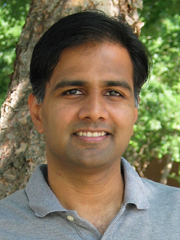- You are here:
- Home
December 13, 2023
The College of Sciences is pleased to announce several new endowed faculty appointments for the 2023-24 academic year.
These appointments both recognize existing faculty within the College, and welcome new faculty members to the Institute — furthering the College of Science’s mission to cultivate curiosity, encourage exploration, and foster innovation to develop leaders and scientific solutions for a better world.
Chris Reinhard was appointed Georgia Power Chair this July, for a duration of five years.
The search for a second Georgia Power Chair, with expertise in energy efficiency, is ongoing this fall, led by the School of Chemistry and Biochemistry.
An associate professor in the School of Earth and Atmospheric Sciences, Reinhard researches earth system science, with research interests that span astrobiology; biogeochemistry; climate, oceanography and weather; and space and planetary science.
Reinhard is already amplifying impact in his new position — this October, he was awarded a USDA Grant for a project that will aim to trap carbon while boosting crop yields.
“I am extremely honored and humbled,” Reinhard said, in a recent article about the grant. “I hope to use the position [as Georgia Power Chair] as a platform to collaborate on and advocate for climate-smart agricultural practices in the state of Georgia and beyond, and to amplify efforts that reimagine technically rigorous and socially responsible carbon removal across land and sea.”
Joel Kostka and Francesca Storici have been appointed Tom and Marie Patton Distinguished Professors.
Kostka, a professor and associate chair of Research in the Schools of Biological Sciences and Earth and Atmospheric Sciences, studies microbial processes, particularly those that impact Earth’s biogeochemical cycles and provide helpful ecosystem services. Much of Kostka’s work focuses on peatlands and wetlands.
Recently, Kostka received a $3.2 Million Department of Energy grant to support his research in Minnesota peatlands, which addresses climate change and carbon storage. Kostka is also actively engaged in community-driven science, collaborating on projects that address the impacts of sea level rise on Georgia’s coastal communities and natural wetlands.
Storici, a professor and associate chair for Graduate Education in the School of Biological Sciences, studies genome stability, DNA repair and gene targeting. Storici’s research focuses include cancer research, drug design, drug development and drug delivery. Previously, Storici has been named a Distinguished Cancer Scientist of the Georgia Research Alliance.
Kostka and Storici join Greg Gibson, who continues to hold the Tom and Marie Patton Distinguished Chair in the School of Biological Sciences. Kostka and Storici’s appointments recognize continued excellence in research, and were each awarded this September, for a duration of five years.
Tamara Bogdanović, Chandra Raman, and JC Gumbart have been appointed Dunn Family Professors in the School of Physics.
Bogdanović was appointed this August for a period of three years for her exceptional research in astrophysics, including supermassive black holes, accretion physics, and computational astrophysics.
Bogdanović serves as associate director of the Center for Relative Astrophysics, a Georgia Tech Center that aims to answer how the universe evolves and what our place is in the universe, while providing students outstanding education and training. Bogdanović is also a member and mentor of the Georgia Tech Society of Women in Physics.
Raman’s research investigates experimental atomic physics. By cooling atoms to temperatures near absolute zero, Raman explores a vapor’s unique capabilities for applications in quantum photonics, sensing, and many-body physics.
Raman also partners with engineers to build cutting-edge atomic quantum sensors, with goals of enabling a mass-producible product. Raman is also an IMat Initiative Lead in the fields of Materials for Quantum Science and Technology at the Georgia Tech Institute for Materials.
Gumbart’s research spans coronaviruses, bacterial cell walls, and Hepatitis B research, focusing on creating computational simulations of complex biophysical phenomena, with the aim of exposing the underlying physical nature of life at atomic resolution.
Gumbart is also passionate about outreach, collaborating on global hands-on workshops for college and graduate students, while also taking part in classroom demonstrations for K-12 students. “As part of our mission as scientists,” he shares, “we not only need to carry out cutting-edge research, but also train the next (and the next-next) generation of researchers.”
Benjamin Freeman and James Stroud have been appointed Elizabeth Smithgall-Watts Endowed Faculty in the School of Biological Sciences at Georgia Tech.
Freeman, an assistant professor in the School of Biological Sciences, is working to understand the impacts of climate change on biodiversity, with an emphasis on unraveling how montane birds are responding to climate change through biology and statistics. Freeman also prioritizes mentoring students, teaching, and leveraging citizen-science datasets.
Stroud’s research focuses on ecology and evolutionary biology, with emphasis on climate change and conservation biology. Stroud studies the evolutionary ecology of lizards to understand processes responsible for driving patterns of biodiversity. Stroud also spearheads several outreach programs, including Lizards on the Loose, a program that has reached over 20,000 middle school students.
The search for Smithgall-Watts Assistant Professors in the School of Psychology is ongoing this fall.
Joe Lachance has been appointed a Blanchard Early Career Professor.
The award is given to an associate professor who is within three years of having received tenure, who shows excellence in their field. First known as the Blanchard Fellowship, and launched in 1999 as a way to honor early career School of Chemistry and Biochemistry scientists, twenty-five scientists have received the award prior to the 2023 announcements.
Lachance, an associate professor in the School of Biology, studies population genetics and human evolutionary genomics, investigating questions regarding hereditary disease and health disparities. He also researches how human genomes have evolved in modern environments, and what human genomes might look like in the future. Lachance is also known for his support of student researchers, encouraging diverse individuals ranging from post-doc, graduate, and undergraduate levels to collaborate.
Rose McCarty and Xiaoyu He will join the School of Mathematics, School of Computing as Richard A. Duke Assistant Professors.
Rose McCarty, who studies combinatorics, will join the School of Mathematics and School of Computing in January 2024. Her research interests include structural graph theory and its connections to matroid theory, discrete geometry, finite model theory, and algorithms and complexity.
Xiaoyu He will also be joining the School of Mathematics, with research interests in extremal, probabilistic, and algebraic combinatorics, with specific interest in Ramsey theory, graph coloring, additive combinatorics, discrete geometry, and coding theory, with applications to computer science.
The Richard A. Duke Faculty Endowment was created by former Georgia Tech faculty member Professor Richard Duke to commemorate his over 34 year career as a faculty member in the School of Mathematics. His legacy continues through the Richard A. Duke faculty appointments.
For More Information Contact
Written by Selena Langner
Contact: Jess Hunt-Ralston

